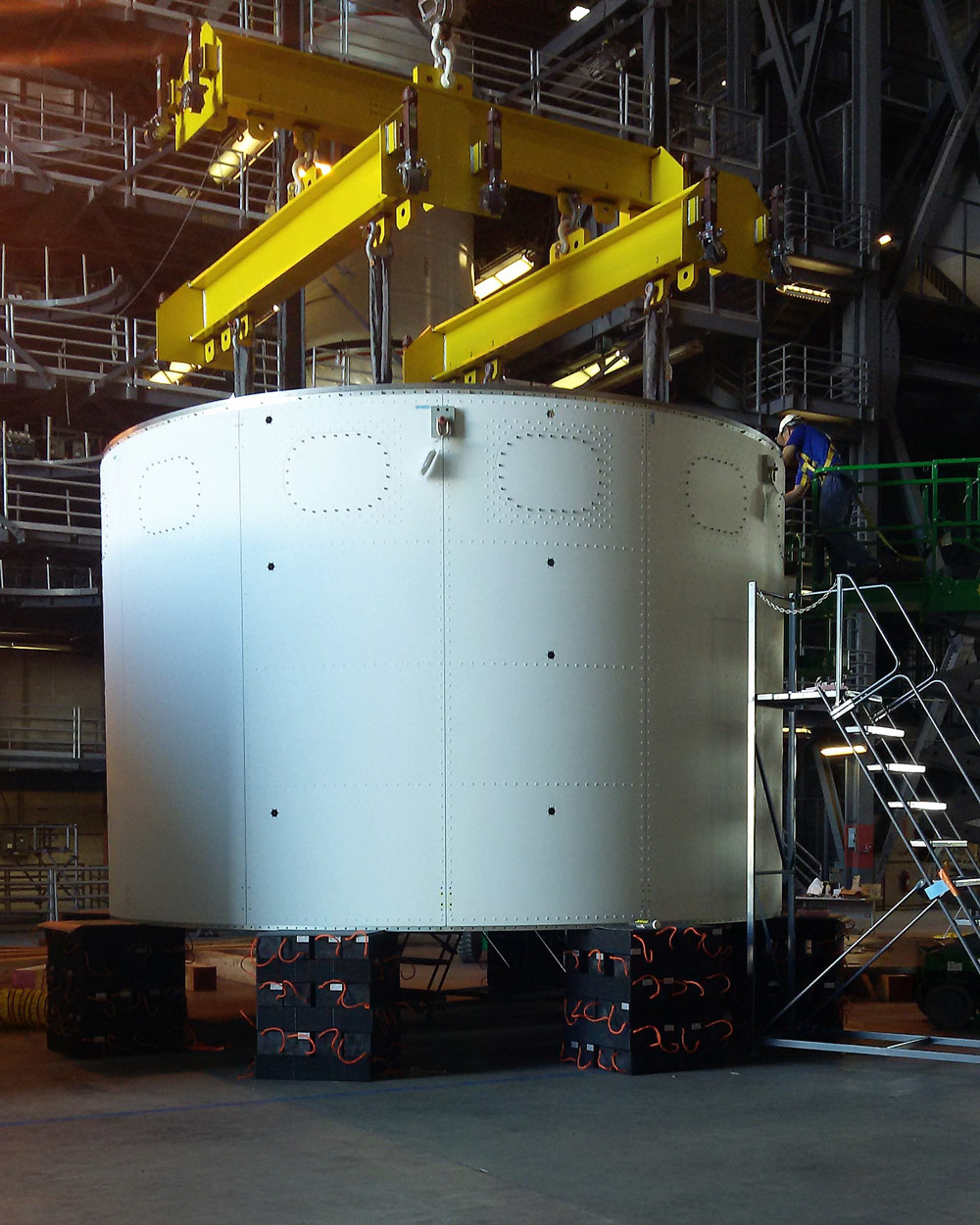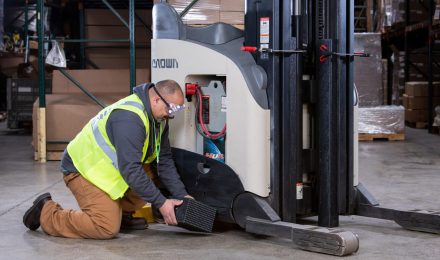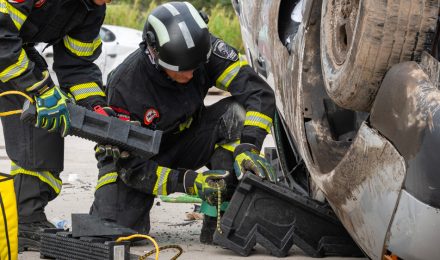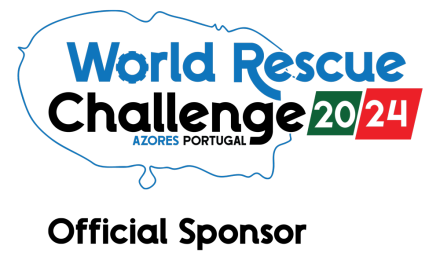Photo from NASA, Kennedy Space Center
Until recently, the high-tech aerospace industry had a decidedly low-tech approach to the cribbing blocks it used for equipment repair and maintenance – wood. But in the age of massive air and spacecraft, wood can be problematic.
Wood is susceptible to warping when exposed to liquids and chemicals, and its porous nature limits its hygienic suitability for sterile settings, making thorough disinfection difficult. Wood also typically lacks precise load ratings, making it prone to shifting under stress.
The industry needed a more suitable solution for cribbing blocks for aerospace equipment.
Cribbing Blocks for the Final Frontier!
Turtle Plastics offers aerospace players cribbing blocks with consistent construction, that are load rated, hygienic and chemical resistant. The company established its reputation by offering the fire and rescue industry interlocking cribbing blocks made of recycled plastic for nearly 45 years.
Originally, major elements of the Orion spacecraft project were cribbed using wood during maintenance and assembly operations. The project team needed to identify an alternative to the wood blocks, as they did not meet Orion’s hygiene standards, which required clean room conditions for certain assembly phases. One contract engineer in Lorain, Ohio, involved in the project considered Turtle Plastics due to its nearby headquarters. He reached out to the company to inquire if it could supply the required cribbing blocks. The blocks had to handle about 150,000 lbs. each for roughly five million pounds of weight.
Weight Ratings From 2,000 to 250,000 lbs.
Turtle Plastics works with four different types of plastic to make its cribbing blocks. Made from recycled plastic that is easy to disinfect and can meet clean room standards, the blocks, labels, and lanyards are all made in the USA. The working loads for the cribbing blocks range from 2,000 to 250,000 lbs.
The company also produces an ultra-high-molecular-weight plastic pad to support extremely heavy equipment. The pad prevents point-source loads from penetrating the blocks by distributing the weight across a larger surface area. Where a typical Turtle Plastics cribbing block has a load rating of 865 pounds per square inch (psi), the ultra-high-molecular-weight plastic pad has a rating of 3,000 psi. It is capable of significantly enhancing the stability of a crib stack when an extremely heavy load is handled.
Working on the Railroad
The Turtle Plastics technology that helped the Orion spacecraft project was originally developed for the rail industry, where dealing with extreme weights, from locomotives to fully loaded tankers and other rolling stock, is a daily occurrence. At first, many technicians in the industry were hesitant to trust recycled plastic blocks over traditional wood. However, their confidence grew as they experienced the technology firsthand, which offered advantages that wood could not, including precise load ratings and interlocking blocks that significantly enhanced stability and safety.
The outlook for improved workplace safety, health, and environmental solutions continues to strengthen as industries increasingly prioritize worker wellbeing and environmental considerations. This trend is driving demand for innovative products that enhance safety and hygiene in industrial settings, such as advanced cribbing solutions from Turtle Plastics. As of April 2024, Turtle Plastics is also working with SpaceX to provide cribbing blocks for its aerospace applications.
To learn more about cribbing blocks for aerospace equipment or other applications, call (800) 756-6635 or contact us.






